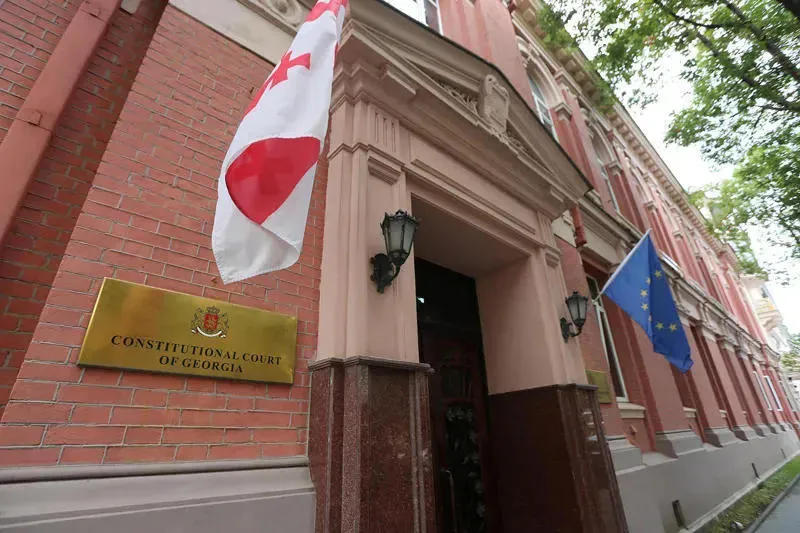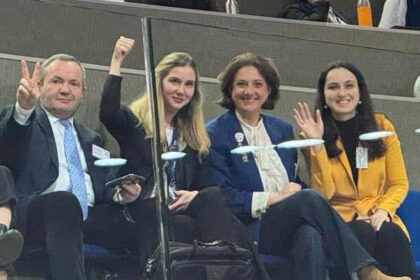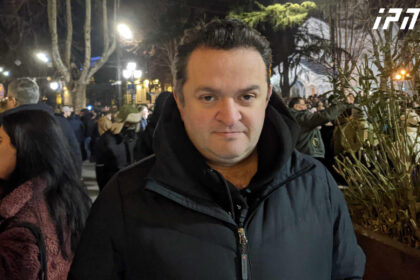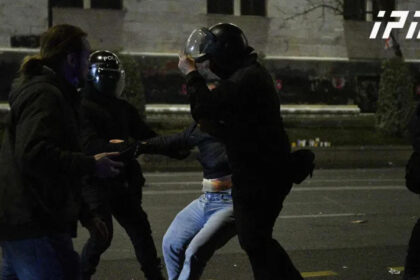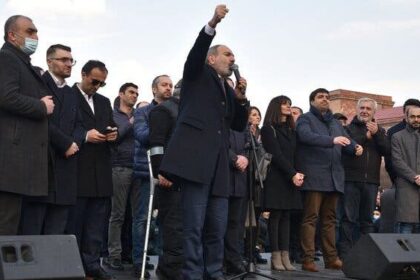**Georgian Civil Society Groups Challenge “Foreign Agents Registration Act” in Constitutional Court**
A group of Georgian civil society organizations, led by the Georgian Young Lawyers’ Association, Studio Monitor, and Georgia’s Voice, have filed a lawsuit with the Constitutional Court to challenge the country’s recently adopted “Foreign Agents Registration Act”. The law, which was passed by the ruling party Georgian Dream on April 1, 2025, has been criticized for being vague and potentially restrictive of independent civil society organizations and media.
**The Law: A Copycat or a Threat?**
Georgian Dream claims that the law is modeled after the US Foreign Agents Registration Act (FARA), which was adopted in 1938. However, experts argue that simply copying legislation from another country does not guarantee the same function. In fact, the US FARA has a very specific purpose – to disclose the activities of agents of foreign hostile powers – and only applies in cases where foreign-funded individuals are entirely subject to the principal’s directives.
**The Difference Between Common Law and Civil Law**
According to experts, the key difference between the US common law system and Georgia’s civil law system lies in how laws are interpreted. In the US, broad legal terms are typical because law is shaped by court interpretation. In contrast, Georgia follows a system where the legal text itself must provide clear obligations. The “Foreign Agents Registration Act” has been criticized for being vague and potentially restrictive of independent civil society organizations and media.
**The Risks of Arbitrary Enforcement**
The lawsuit argues that the law grants excessive powers to implementing bodies, such as the Anti-Corruption Bureau, the Prosecutor’s Office, and the courts, increasing the risk of arbitrary enforcement. Given Georgian Dream’s control over these institutions, there is a real danger that independent civil society organizations and media could be targeted for advocating for marginalized groups, exposing corruption, or reporting on human rights violations.
**A Call to Action**
The lawsuit calls on the Constitutional Court to suspend the contested provisions of the law until the case is resolved. Experts believe that every legal means must be used to defend the rights guaranteed by the Constitution. The fate of independent civil society organizations and media in Georgia hangs in the balance, and this case has significant implications for the country’s democratic development.
Read More @ www.interpressnews.ge




